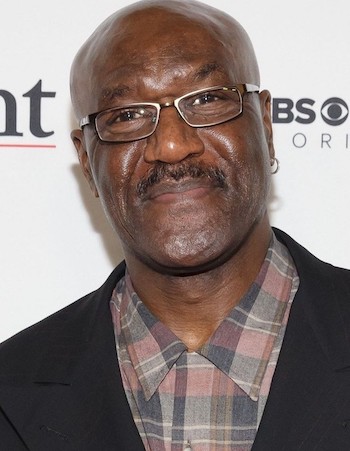Delroy Lindo: Celebrated Actor Whose Work Resonates Globally

Introduction
Delroy Lindo, a prominent figure in the film and theatre industries, has made a significant impact with his compelling performances and profound character portrayals. Born in London, raised in the United States, and of Jamaican descent, Lindo has become a cultural icon whose work resonates across diverse audiences. His recent recognition at various awards ceremonies reflects the growing appreciation for Black artists in mainstream cinema, making his story particularly relevant in today’s discourse on representation and diversity in the arts.
Early Life and Career Development
Delroy Lindo was born on November 18, 1952, in London before he migrated with his family to the United States during his teenage years. He honed his craft at the prestigious Juilliard School, demonstrating exceptional talent that would later lead him to critical acclaim in both film and theatre. Lindo’s career began to take off in the late 1980s and early 1990s with roles in films such as ‘Malcolm X’ where he impressed audiences as West Indian Archie. His collaboration with director Spike Lee in films like ‘Get on the Bus’ and ‘Da 5 Bloods’ has solidified his status as a capable actor known for his charisma and depth.
Recent Works and Recognition
In recent years, Delroy Lindo has gained renewed recognition for his outstanding performances, particularly in Spike Lee’s ‘Da 5 Bloods’ (2020), where he played the role of Paul, a Vietnam War veteran grappling with trauma and loss. His portrayal received widespread acclaim, earning him a nomination for the Academy Award for Best Supporting Actor, which positioned him in the spotlight alongside his peers. Critics praised Lindo’s ability to convey complex emotions and his skill in highlighting issues such as PTSD and racial discrimination within the context of war.
Impact and Legacy
Delroy Lindo’s contributions extend beyond his acting credits; he embodies the struggle and triumph of Black artists in a predominantly white industry. His work challenges societal norms and ignites conversations about race and identity in contemporary cinema. As representation in Hollywood continues to evolve, Lindo serves as an inspiration for emerging artists who seek to share their narratives and experiences. His ability to portray characters that challenge stereotypes has entrenched him as a significant cultural figure in the fight for equality in the arts.
Conclusion
As Delroy Lindo continues to take on powerful roles and make impactful contributions to the entertainment industry, his legacy is assured in both cinema and theatre. His performances resonate with audiences worldwide and contribute to the ongoing discourse surrounding race, representation, and artistry. The recognition of Lindo’s work at various awards events signals a shift toward inclusivity and a deeper appreciation for diverse voices in storytelling, making this an exciting time for both him and aspiring actors alike.









